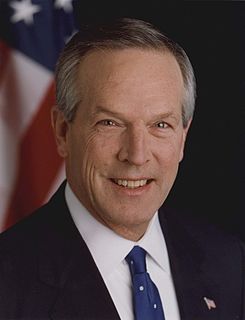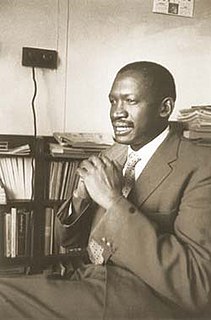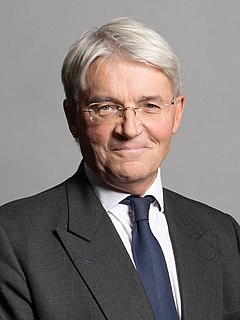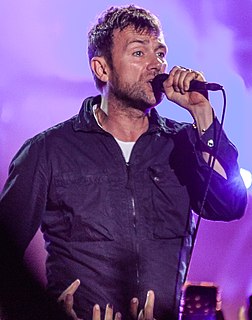A Quote by Robert Lopez
People try not to think about what's going on in sub-Saharan Africa. They edit it out of their daily lives. Especially Americans. We prefer a fantasy version of Africa.
Related Quotes
Right after undergrad, I started doing low-level work on health issues in sub-Saharan Africa, and what struck me was the disconnect between how people in New York would speak about some of the issues people were facing. At the time, 2006-ish, there were a number of big media campaigns to raise awareness about HIV in sub-Saharan Africa.
And now South Africa has finally woken up and it is doing great things. And if South Africa becomes the template to what AIDS is in the sub-Saharan continent, then all the other countries are going to follow suit. And Michel Sidibe, who spoke at the breakfast meeting this morning, was saying that there is so much hope for Africa now that South Africa has got its house in order.
I'm extremely positive about investment in Africa. Africa has a wonderful climate, wonderful people, and amazing possibilities. Africa has been called dark and hopeless, but today it is neither of these. Africa is awakening. It's a huge market of almost a billion people with huge resources and a young population. It's the best place to invest.
There's so much stigma around HIV/AIDS. It's a challenging issue, and the people that already have been tested and know their status find it very, very hard to disclose their status, to live with that virus, and to even seek out the kind of information they need. This experience of going to South Africa a decade ago really woke me up to the scale of the HIV/AIDS pandemic in sub-Saharan Africa, how it was affecting women and their children. I haven't been able to walk away from it.
I think everybody knows that Africa is in a very deep crisis. There is economic misery and social deprivation and that Africa needs help but the question then is how. And also we have to make sure that we don't repeat old mistakes; this help is only short term. It doesn't address Africa's long-term fundamental needs and how to put Africa on the right track to development. What Africa needs to do is to grow, to grow out of debt.
Libya faces along to the Mediterranean and had been effectively the cork in the bottle of Africa. So all problems, economic problems and civil war in Africa - previously people fleeing those problems didn't end up in Europe because Libya policed the Mediterranean. That was said explicitly at the time, back in early 2011 by Gaddafi: 'What do these Europeans think they're doing, trying to bomb and destroy the Libyan State? There's going to be floods of migrants out of Africa and jihadists into Europe', and this is exactly what happened.



































